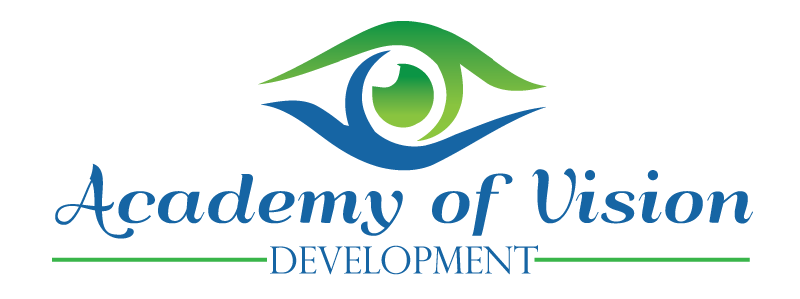
Please be aware that most routine eye exams and school screenings only check for eyesight at distance (whether the eyes see 20/20 or not) and eye health issues. Vision learning problems that interfere with learning and reading may go undetected in a routine eye exam or screening. In fact, an OSU study published in the Journal of Behavioral Optometry in 2012 showed that nearly 70% of children with an IEP were identified with treatable vision learning problems and yet would pass the school vision screening because their vision problem did not affect their eyesight at distance!
Eyesight is simply, “Can you see something”?
VISION is HOW you see things — how the brain uses the eyes to gather information and how the brain processes, organizes, and manipulates that information to integrate with other sensory systems in the body. There are a variety of skills necessary for good VISION, including eye-tracking, shifting focus from far to near (like copying from the board), visual discrimination (like differentiating b’s and d’s), visual memory (spelling, writing, and visual-motor integration), and visualization (understanding how to manipulate a structure in “your mind’s eye” like blocks, Legos, machines, etc.).
If these visual skills are poorly developed, learning may be difficult and stressful.
The symptoms listed below cover common indications of a possible learning-related vision problem:
- Frequent loss of place
- Needs finger or marker to keep place
- Adds words, omits words or rereads words
- Confuses similar looking words
- Failure to recognize the same word in the next sentence
- Poor reading comprehension
- Whispers to self for reinforcement while reading
- Letter or word reversals
- Poor spelling
- Book held too close to the eyes
- Wiggles or fidgets while reading or doing homework
- Head tilting or closing one eye when reading
- Fatigue, frustration, and stress while doing close up work
- Short attention span while doing close up work
- Labeled as “smart in everything but school,” “working below potential,” “lazy,” “ADD/ADHD”, “Learning Disabled,” “behavioral problems,” or “Dyslexic”
